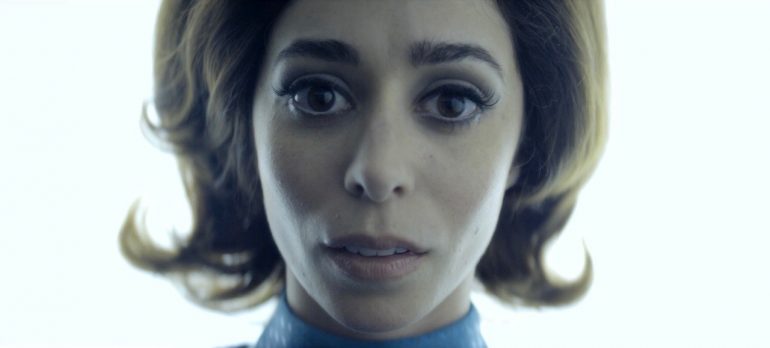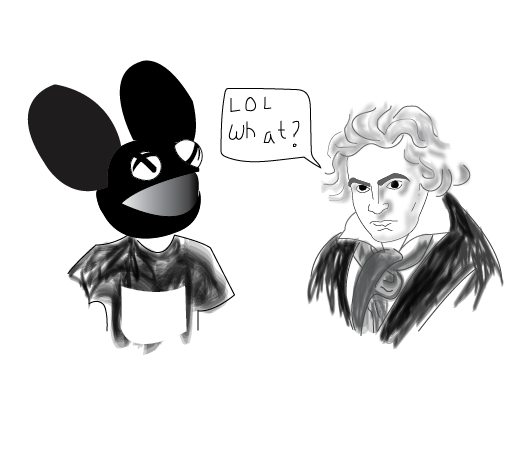Charlie Brooker’s “Black Mirror” has always been well-paced, pointed, and gorgeous to look at. The new season boasts the same high production value and great acting as past iterations. It’s still relentlessly gritty and thought-provoking, but many of its themes have begun to feel expected and even pat. For example, as the series has progressed it has increasingly focused on the concept of human consciousness being “uploaded” or duplicated into a digital realm. The theme started to appear in the show’s second season, but completely dominates the fourth, with nearly every episode containing some variation of it. At other times in the new season, it feels like the show is trying to prove that it’s still edgy and fearless (something it need hardly do—the pilot of the series details an act of beastiality, a subject rarely touched by most television) creating situations that seem contrived and difficult to believe.
At its lowest point—and a great example of this tendency—is the second episode, “Arcangel.” The episode follows a girl given an implant at an early age that allows her mother to not just track her whereabouts but see everything that she’s seeing. As if that wasn’t enough, the implant, with accompanying monitoring pad, also enables a “filter” to be activated, preventing children with the implant from seeing things that distress them. The premise is well and fine enough, if not a bit on-the-nose. Predictably, things backfire; censorship is bad and exposure to distressing images can be helpful for building psychologically sturdy teenagers/adults, and may even be pleasurable to some folk. Our protagonist’s filter eventually gets turned off when she’s a preteen, but mom still keeps the track pad around, just in case.
If this weren’t “Black Mirror,” the sudden, violent conclusion of the episode might be surprising. But this is “Black Mirror.” The show’s track record provides more than its fair share of tragic, gory ends to varyingly flawed characters. In the past, however, the conclusions seemed to come naturally. In “Arcangel,” the ending feels forced and melodramatic. The characters wind up feeling shallow, and the conclusion is a hard sell, given the characters’ arcs up to that point.
The fourth season’s strong point actually comes from an episode with a happy ending, partially because it feels so fresh for the series. “Hang the DJ” (touchingly named after The Smiths’ lyrics, from their song “Panic”) features a dating service that guarantees to set you up with “the one” with “99.8 percent accuracy.” Couples are paired, then given a specific break-up time—at which point they must vacate the quarters they have been assigned. The duration of the relationship can be as brief as twelve hours, or as long as five years. The program observes them in big-brother fashion and collects data. The data collected informs subsequent relationships, until couples are finally paired off once and for all.
Overall, season four is a fun watch. Even when it feels expected, “Black Mirror” is just the right blend of eerie, relatable, and tense. It excels at social commentary, and has even been hailed as prophetic by publications like Business Insider. Unlike it’s previous three seasons, however, this latest batch of episodes feel a bit redundant and not nearly as cathartic as earlier ones.
***“Black Mirror: Season Four” was released on Dec. 29, 2017. It was created by Charlie Brooker and stars: Jesse Plemons, Rosemarie DeWitt, and Andrea Riseborough. “Black Mirror” is rated TV-MA.
This article originally appeared in the print edition of our February 2018, issue.





